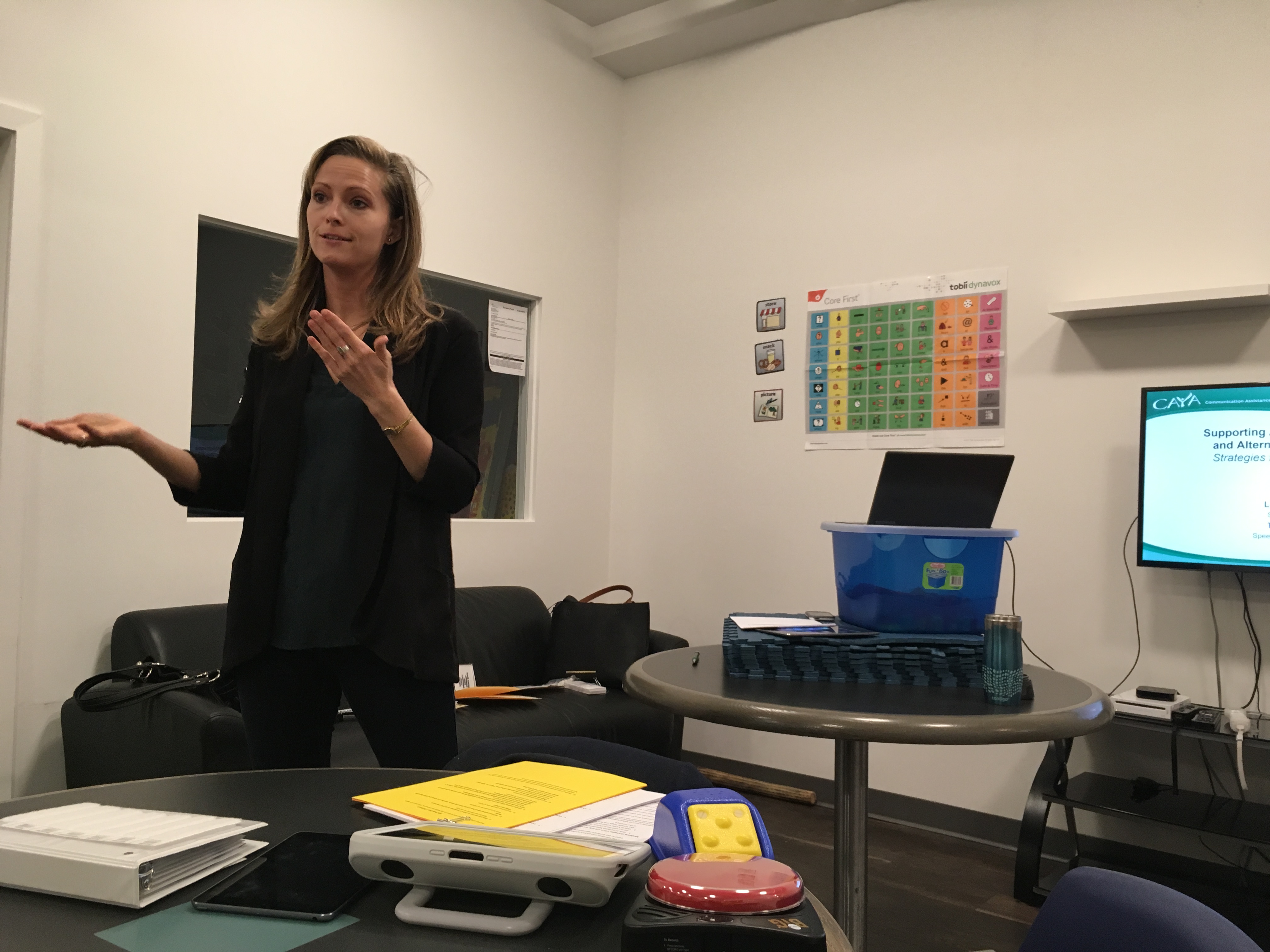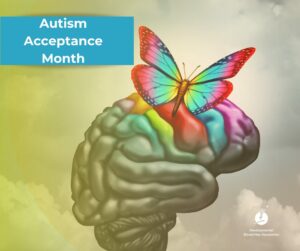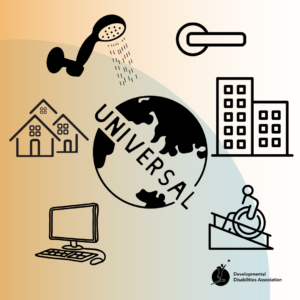In 2017, DDA investigated technology solutions that can increase the capabilities of people with disabilities. DDA’s goal is to develop and provide client-centred technological supports to optimize independence. The use of assistive technology promotes work towards independent living for people with disabilities.
To do this, DDA provides education for frontline staff and site managers to support assistive technology. We believe that there is an urgent need for effective collaboration among key stakeholders to support developmental activities. One area of promise is using assistive technologies to enhance communication outcomes for individuals who can benefit from Augmentative and Alternative Communication (AAC).
We started 2018 with four training sessions that took place at four DDA vocational sites. The training was developed and presented by Lucy Grant, M.Sc., RSLP Speech Language Pathologist, and Tatjana Hamovic, SLPA Speech Language Pathology Assistant who presented Communication Assistance for Youth and Adults (CAYA). This training explores strategies for supporting adults who use AAC.
Nearly 50 staff from our residential and vocational departments attended the training sessions, which covered the definition of AAC, the variety of low- and high-technologies that can be used, the importance of modeling AAC systems, and the different types and levels of prompts that can be used to support individuals in learning AAC systems. Training concluded with a role play that let staff practice using low and/or high-tech systems. This gave participants an opportunity to learn from each other. Each session ended with an enthusiastic and thought-provoking dialogue among staff who shared their experience, concerns, and solutions they have used successfully.
By Loubna Kalaaji



